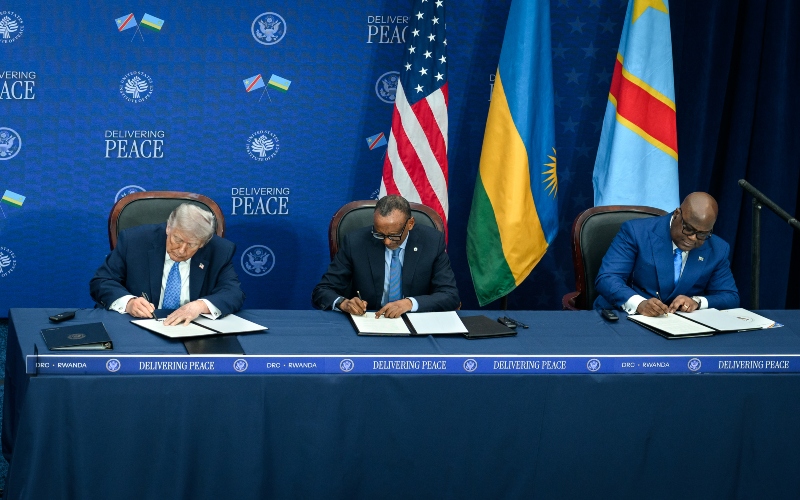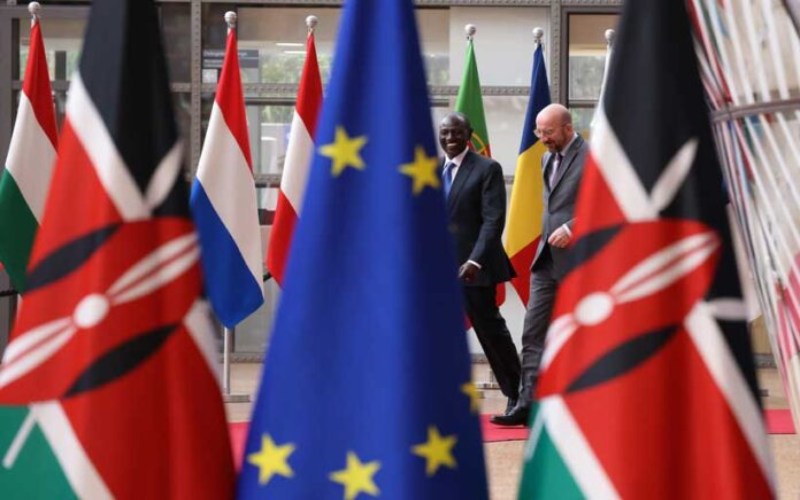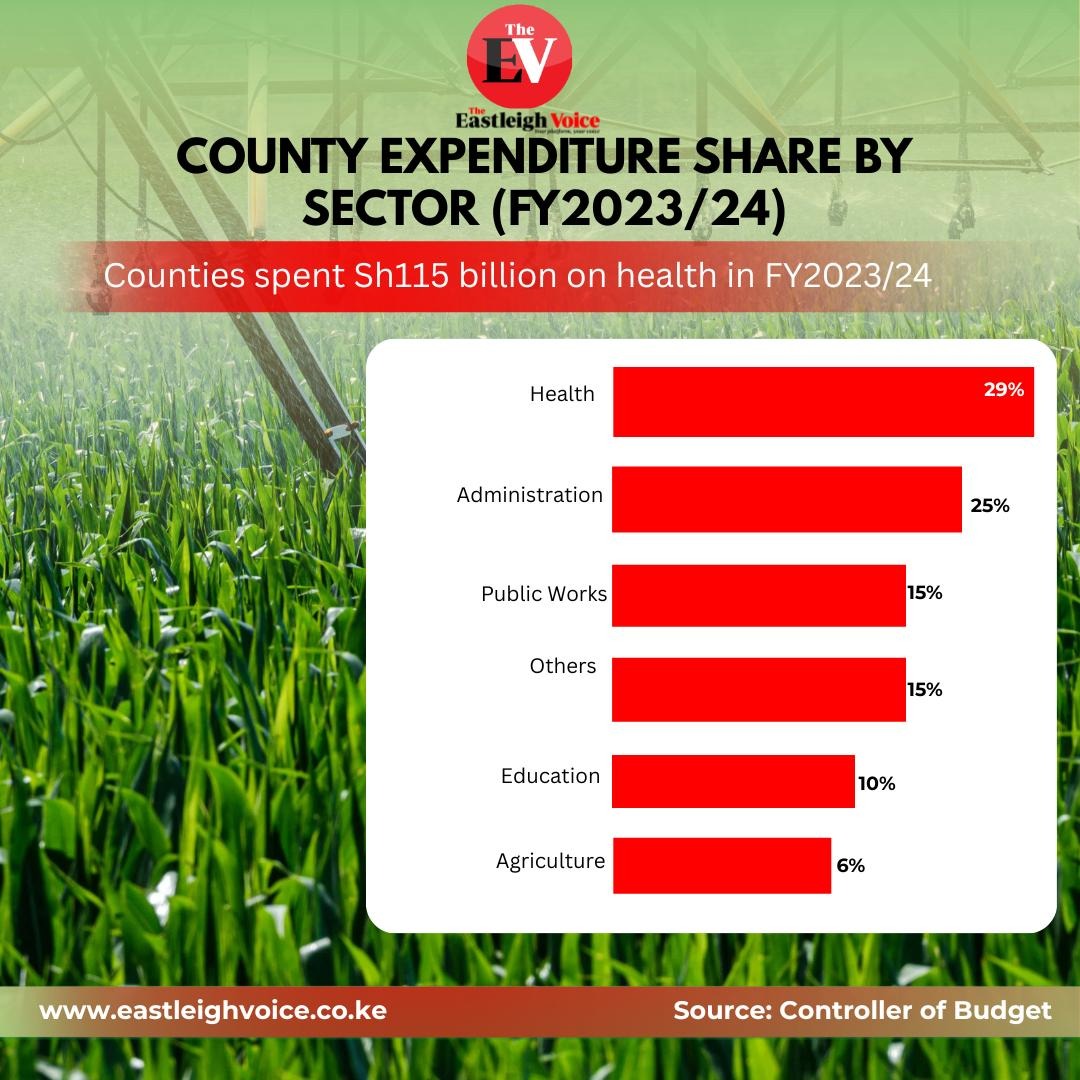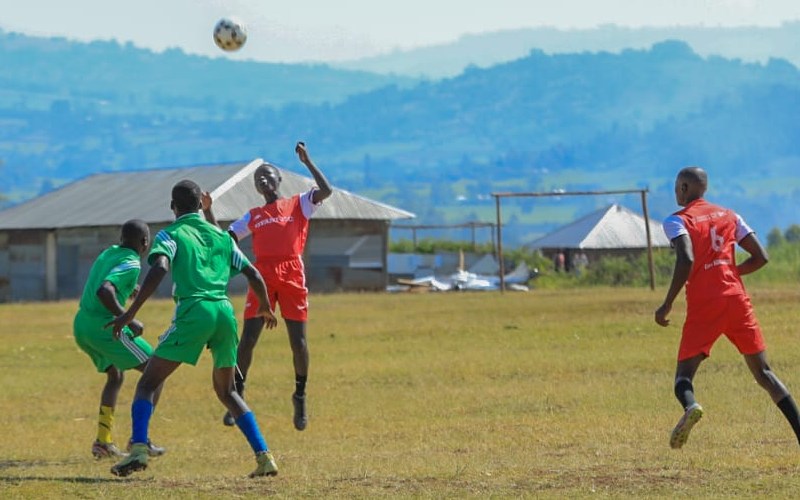Engineers criticise JKIA takeover by Adani Group
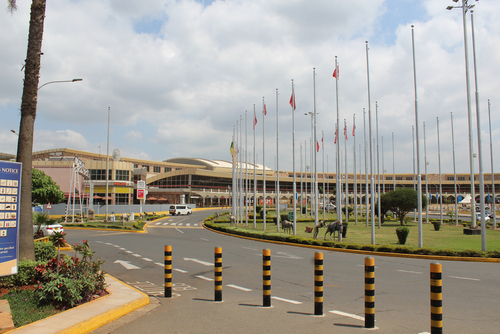
Foreign commercial entities controlling these assets, according to Kiteme, hinder the growth of local skills.
The Institution of Engineers of Kenya (IEK) has faulted the Build Operate Transfer (BOT) deal in which the government is to lease the Jomo Kenyatta International Airport to an Indian firm, Adani Holdings, for a period of 30 years.
According to the IEK, since the government will relinquish control to the foreign firm, Kenyan engineers who have played a crucial role in the development and maintenance of airports, ensuring their efficiency and safety, are likely to miss out on opportunities for skill and capacity development.
More To Read
- Kenya sees major boost from visa-free policy as tourist numbers hit 1.8 million
- Kenya Airways staff jailed for 25 years for trafficking heroin
- Tender wars at JKIA threaten security and protocol standards, court petition reveals
- Murkomen defends police over JKIA breach, says situation could have turned tragic
- Widow of Kasarani shooting victim recounts final moments with husband before tragedy
- Normal operations resume at JKIA after security breach during arrival of Raila’s body
IEK president Shammah Kiteme warned that local engineers will likely be denied opportunities to gain hands-on experience, build capacity and contribute to the country's long-term development.
The civil structural engineer added that local engineers and companies could handle many technical aspects, ensuring that the knowledge and benefits remain within the country.
Foreign commercial entities controlling these assets, according to Kiteme, hinder the growth of local skills.
This, Kiteme argued, is because foreign management often prioritises their own expertise and resources, limiting opportunities for local engineers.
"Retaining local control ensures that knowledge and skills remain within the country, fostering continuous growth and innovation," said Kiteme in a press statement.
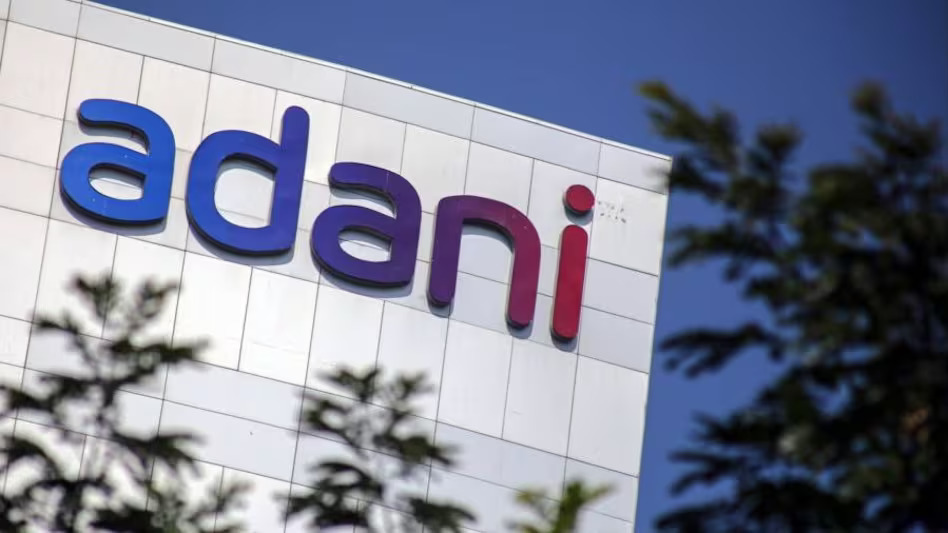 Adani Group, multinational conglomerate, headquartered in Ahmedabad, India. (Photo: Handout)
Adani Group, multinational conglomerate, headquartered in Ahmedabad, India. (Photo: Handout)India's Adani Group
"Involvement of local engineers and content is crucial for capacity building and economic growth. The project should aim to integrate local expertise as much as possible, ensuring that the local workforce is upskilled and that there's a transfer of knowledge and technology," he added.
Kiteme highlighted that while external expertise and investment can be beneficial, it is essential to evaluate whether the involvement of external parties is necessary for all aspects of modernisation.
According to Kiteme, one should carefully evaluate long-term leases or partnerships and align the model with the country's long-term goals to ensure fair and beneficial terms.
“ It's crucial to consider if such a long lease is necessary or if a different arrangement could achieve similar modernisation goals without giving up too much control," states Kiteme.
The engineer also noted that the project has been shrouded in mystery; there is a need for more transparency and stakeholder involvement, adding that revisiting the project with a more participatory approach could lead to better outcomes and greater public trust.
He added that an open dialogue with all stakeholders, including local communities, engineers, and other relevant parties, would be a step in the right direction.
"Kenya could explore competitive bidding processes and partnerships that have proven successful in other African countries," he stated.
Other Topics To Read
"This approach could ensure that Kenya gets the best possible deal, with terms that are clear, beneficial, and aligned with the country's development goals."
Top Stories Today

